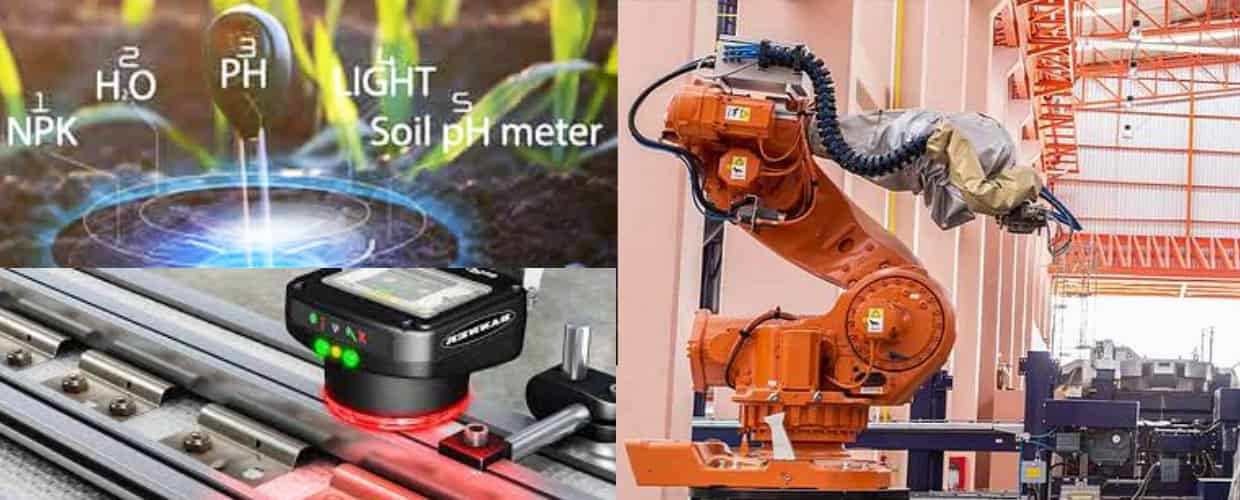One crucial aspect of modern technology is input devices, which communicate with computers and other devices. Among these input devices, sensors play a crucial role in capturing data from the environment and feeding it into computer systems.
Sensors as Input Devices
Sensors are electronic devices that detect and measure physical phenomena such as light, temperature, pressure, and motion. They are the backbone of the Internet of Things (IoT) and have revolutionized how we interact with technology.
The role of sensors as input devices is crucial in today’s world, and they provide valuable data that can be used to improve efficiency, enhance the quality of life, and reduce costs. Sensors as input devices have become increasingly important, and their impact is felt across various industries.
Healthcare and Medical sensors
Sensors have had a significant impact on healthcare. In real-time, medical sensing tools monitor patients’ vital conditions, such as blood pressure, heart rate ranges, and oxygen levels. Healthcare professionals then use this data to diagnose and treat medical conditions.
The use of sensing tools in healthcare has also led to the development of wearable technology, such as smartwatches and fitness trackers, which can monitor a user’s physical activity and provide valuable feedback on their health and wellness.
Manufacturing and Transportation
Industrial sensors are used to monitor machines and equipment, detect any potential issues, and prevent downtime. The small devices help to reduce costs and increase efficiency by minimizing the need for maintenance and repairs. Additionally, they can track inventory levels, monitor production rates, and improve product quality.
In the transportation industry, sensing tools monitor vehicles and traffic conditions. For example, they can detect traffic congestion and adjust traffic lights accordingly, improving traffic flow and reducing congestion. Similarly, they can monitor vehicle performance, such as fuel efficiency and tire pressure, and alert drivers to potential issues.
Sensors in agriculture
In agriculture, they can monitor crop growth, soil moisture levels, and weather conditions. This information can then be used to optimize crop yields and reduce the use of fertilizers and pesticides. Similarly, they can be used to monitor animal health and improve animal welfare.
The use of sensors as input devices has also had a significant impact on the environment. Environmental sensing tools can monitor air quality, water quality, and soil conditions, and this data can then be used to identify areas of concern and develop strategies to improve environmental conditions.
Sensors also Raise Risks.
Technology has become a part of our lives in today’s fast-paced world. We rely on technology, from smartphones to smart homes, to make our lives easier and more efficient. However, using the devices also raises concerns, particularly about privacy and security.
The devices become widely connected to the internet, and the risk of data breaches and cyber-attacks increases. Manufacturers and developers must prioritize security and take steps to protect user data.
Conclusions
Sensors have revolutionized how we interact with technology, and their role as input devices is critical to many industries. However, it is important that we also consider the potential risks and take steps to protect user privacy and security.
The technologies continue to evolve, the importance of small and useful devices will increase, and we can expect more innovative uses for sensor technology as input devices.
Read: Popular Single-board Computers in 2023
ADDITIONAL NOTICE:
Visit TechGolly.com to stay informed about technology news, discussions, trends, advice, opinions, directories, insights, and markets. TechGolly covers a wide range of the latest technology news, including business news, product news, stock market news, future tech news, and research news.


